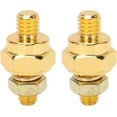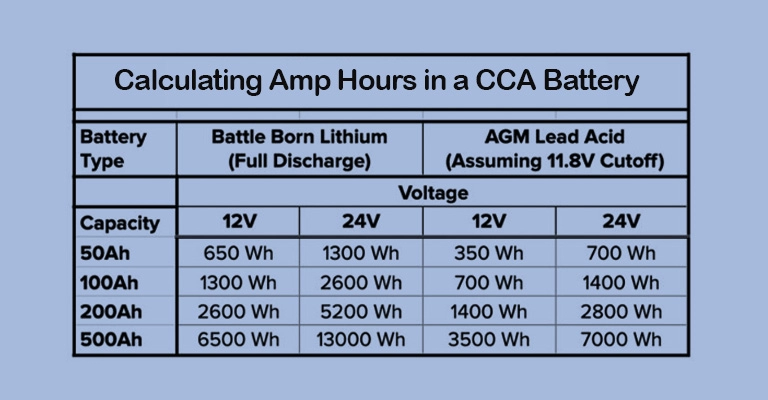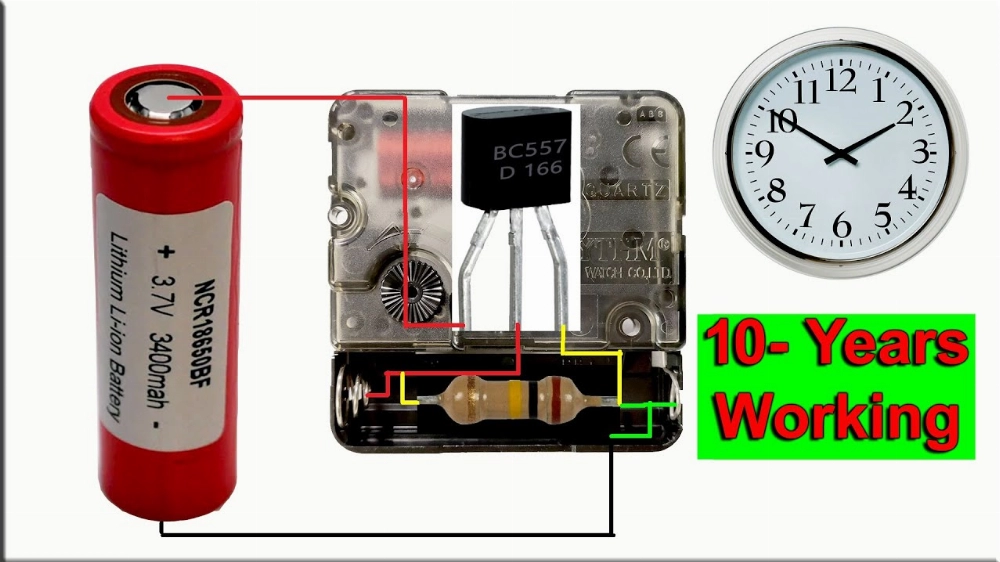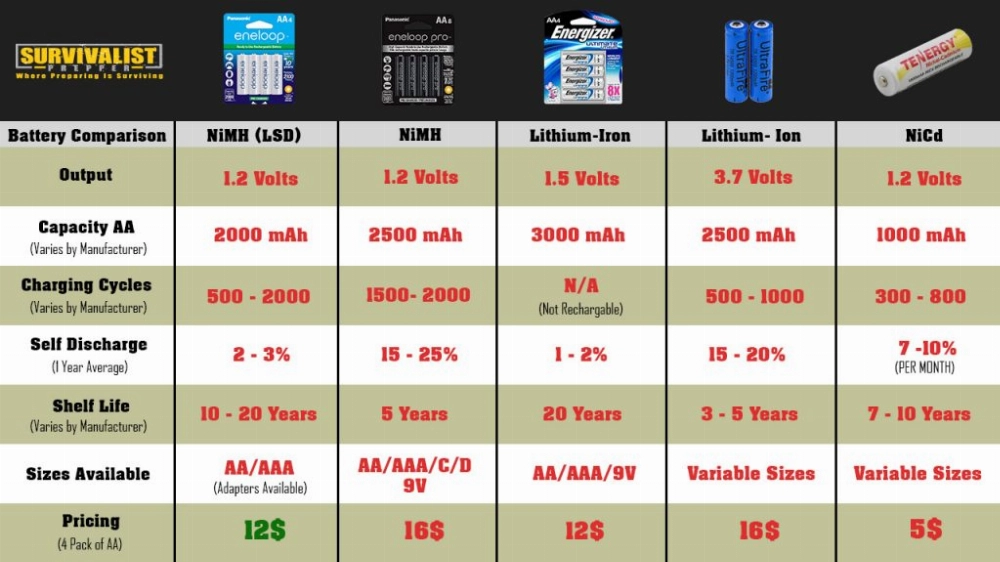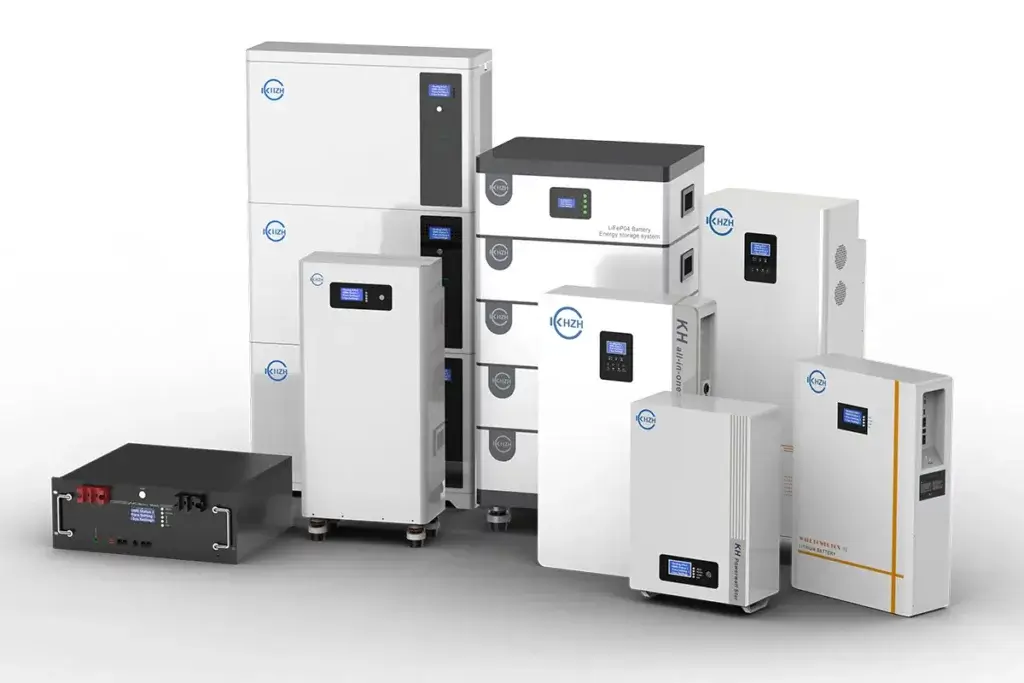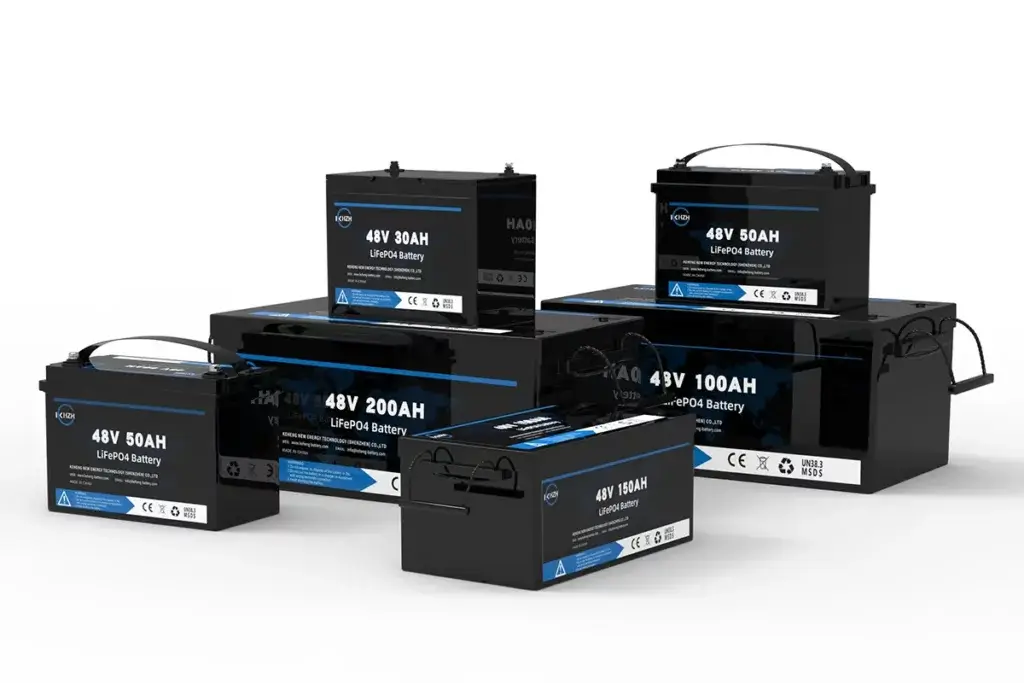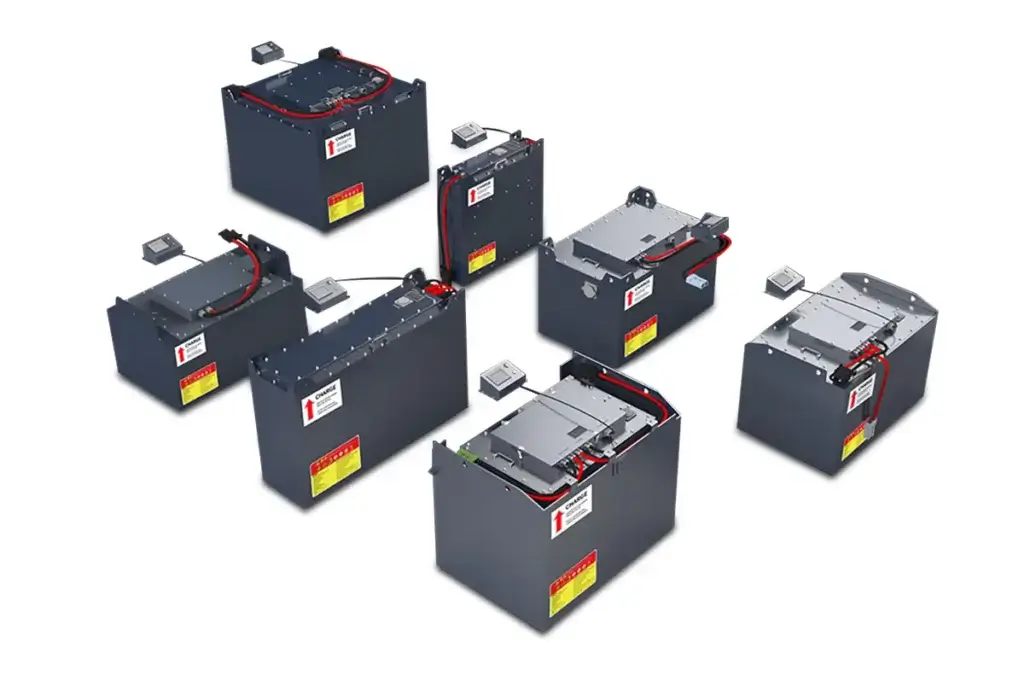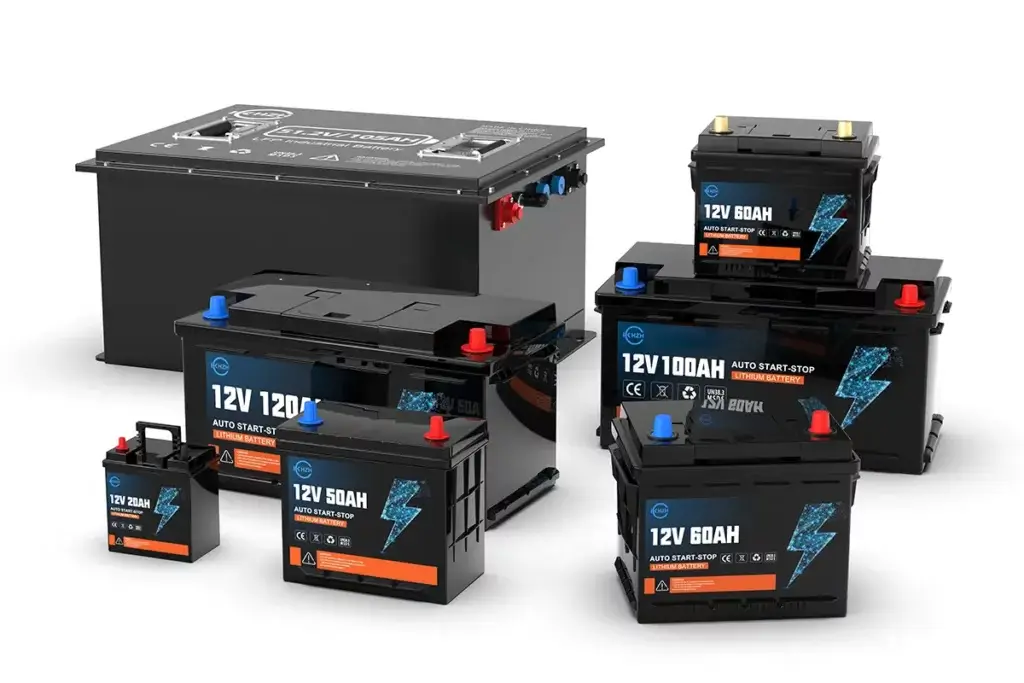When considering power sources for various applications, it’s important to understand the differences between different types of batteries. Lithium-ion batteries and AGM batteries are among the most commonly used. This comparison provides a detailed overview of how each type works and their advantages in different applications, helping you make informed choices based on your needs.
Battery Terminal Bolts vs. Screws: Which Should You Choose?
When choosing between battery terminal bolts and screws, it’s important to consider the following factors:
Vehicle Type
For heavy-duty vehicles or those with high electrical demands, bolt terminals are often the better choice due to their stronger current-carrying capacity and higher durability.
Budget
If you’re on a budget, screw terminals are a good option, especially for smaller vehicles with fewer electrical components.
Maintenance
If you’re looking for low maintenance, bolt terminals are a good choice. They are long-lasting and need replacing less often than screw terminals.
Installation
If ease of installation is a top priority, screw terminals may be the best option. Their installation process is quicker and more straightforward.
Expert Opinions
Here are the views of experts from different fields:
Mechanic’s Perspective
Many professional mechanics recommend bolt terminals for their reliability and superior connection quality. They say the initial investment pays off in the long run, as they can reduce maintenance issues and improve performance.
DIY Enthusiast’s Perspective
DIY enthusiasts often prefer screw terminals for their simplicity and cost-effectiveness. They appreciate their ease of installation and quick replacement.
Battery Terminal Bolts vs. Screws: Real-World Cases
Off-Road Vehicles
Off-road vehicles often operate in harsh environments with high electrical loads, making bolt terminals a better fit. Their durability and higher current capacity ensure these vehicles operate reliably even in extreme conditions.
Daily Commuting Vehicles
For daily commuting vehicles with moderate electrical needs, screw terminals are practical and economical. They meet the demands of everyday use at a more affordable price.
Frequently Asked Questions
What tools are needed to install battery terminal bolts or screws?
To install battery terminal bolts or screws, you will need some basic tools. For bolt terminals, a wrench or socket wrench set is needed to tighten the nut. For screw terminals, a screwdriver will typically suffice. Additionally, it is recommended to use a wire brush to clean the battery posts and terminals before installation. Always wear safety gear such as gloves and eye protection to protect yourself from battery acid and sparks.
Are battery terminal bolts and screws interchangeable?
No, you cannot interchange battery terminal bolts and screws. They are designed for different types of batteries and specific applications. Bolt terminals are generally used for high-current situations and provide a more secure connection, while screw terminals are more common in standard vehicles and are easier to install. It’s crucial to use the terminal type that matches your vehicle’s specifications for optimal performance and safety.
How can I prevent corrosion on battery terminals?
Preventing corrosion on battery terminals is essential for maintaining a strong electrical connection. Regularly clean the terminals with a baking soda solution. After cleaning, apply a thin coat of petroleum jelly or a specialized battery terminal protectant spray to prevent corrosion. Making sure the terminals are tightly connected also helps reduce the risk of corrosion.
Why do some vehicles use battery terminal bolts instead of screws?
Battery terminal bolts are often used in certain vehicles because they provide a more secure and stable connection. This is particularly important for high-performance or heavy-duty vehicles that require a lot of power. Bolt terminals can handle higher current loads and are less likely to loosen, which helps prevent electrical issues and improves overall vehicle performance.
Are different materials used for battery terminal bolts and screws?
Yes, battery terminal bolts and screws can both be made from various materials. Common materials include brass, copper, and stainless steel.
Choosing the Right Battery Terminal Material: Brass, Stainless Steel, or Copper?
When selecting a battery terminal material, it’s important to consider conductivity, durability, and corrosion resistance. Brass strikes a good balance between conductivity and workability, making it a common choice for general automotive applications. Copper is known for its excellent conductivity, but it is more susceptible to corrosion over time. On the other hand, stainless steel is the most corrosion-resistant, making it ideal for harsh environments, but it is generally more expensive. Your choice of material should depend on your specific needs and the environment in which the vehicle will be used.
Related Articles from KHZH:
-
How to Safely Clean Corroded Battery Terminals: A Step-by-Step Guide
This guide provides step-by-step instructions for cleaning corroded battery terminals, emphasizing safety precautions and best cleaning practices. -
Portable Chargers vs. Power Banks: What’s the Difference?
Understand the key differences between portable battery chargers and power banks. A portable charger refers to any device that can charge electronic devices on the go, while a power bank stores energy to charge devices without needing an outlet. -
Lithium-Ion Jump Starter Usage Guide
Discover the advantages of lithium-ion jump starters. This comprehensive guide covers its usage, maintenance, and safety, and explains why it’s a smart investment for emergencies. -
What is a Portable Battery Charger?
A portable charger is an essential tool for keeping mobile devices powered. This article explains its definition, how it works, and the materials involved in its construction, helping readers gain a better understanding. -
How to Choose the Best Battery Pack for Your Needs: Capacity, Performance, and More
Selecting the right battery pack is crucial for performance and reliability. This guide covers important factors like capacity, safety features, and performance considerations to help you make an informed decision.
